Ideology over facts leaves our children alarmed, confused
Teaching infants in childcare about “child stealing” is psychologically damaging. The more disturbing, complicated facts of colonial history should be introduced much later.
A young child recently told me, with whispered trepidation, that “they took away the children”. I was shocked. “Where did you hear that?” Answer: “At school.” Apparently, the historical period we now refer to as “the Stolen Generations”, during which many Aboriginal children were removed from their parents, both as a welfare measure and sometimes, forcibly, was part of some Indigenous “education” exercise by a dimwitted teacher that was interpreted by a young, fearful child as “child stealers” all lurking around the place.
One can’t help wondering who are the so-called “educators” and teachers with so little comprehension of children’s psychology that they would be teaching children in the infants stream about child stealing. How do such inept people even get a job with children? Answer: not only were many of them less than brilliant students, as the recent rock-bottom ATARs for teachers show, but they themselves were steeped in ideology by other less than brilliant education theorists and academics.
Instead of sound principles of child psychology and education, such as looking at sources, and the facts of the matter, they rely on fashionable mantras. My young friend’s fear and confusion was an alarming example of how a historically complex and controversial episode could be reinterpreted in a child’s mind, almost as a bad fairytale. Even more, it is an example of ideology, the sledgehammer ideology of race, of “white guilt” within mainstream education.
This goes a lot further than mere welcome to country ceremonies. Many schools and kindergartens do welcome to country ceremonies, and generally, the kids like it. It is harmless, and fun. What is more, it is a good thing young children are aware of the Indigenous past, and that they are curious about the lives of children like themselves, as was I when I was very young thinking about how a child like me could walk a long way with no shoes or clothes – not to mention what they ate. These are things of endless fascination for children. Introducing Aboriginal history in this way is a good way to teach them about the past and lives unlike their own. Later, the more disturbing, complicated facts of colonial history can be introduced.
However, today’s “educators” are dealing less with facts they have studied themselves than received “interpretations”, which amount to nothing more than popular notions. For older students today, history is now less reliant on real facts and the interpretation of factual information from sources, than “politically correct” mantras.
Some of the most valuable sources of information about this country’s First Peoples are ignored in most schools, because they come from a “European” perspective. Explorers and navigators who gave us the first valuable descriptions of Australia and its original people are often dismissed as “racist”, like the fascinating accounts of first contact with the Indigenous inhabitants of various parts of the east coast by Joseph Banks.
Banks was a brilliant, adventurous man formed by the 18th century culture of enlightened inquiry. Most high school students have never heard of him. James Cook’s expedition is skated around, if even mentioned, and Banks is criticised because he saw Aboriginal inhabitants as part of the fauna and flora – which is in fact how traditional hunter-gatherer people see themselves. For them the country is not something outside but “inside” too. It forms their whole outlook, including their spiritual life.
There is no doubt punitive violence from settlers and officials was rife in former times. Racism is largely a construct born of ignorance, and at various times “race” has been politicised for terrible destructive ends by both left and right. Most recently the long shadow of colonial slavery has been used by the left as a tool, whether to knock over statutes or foment political chaos, especially in the US. Generally, we Australians have not succumbed to this madness. But young Australians are being manipulated by other ideological bias. People are shocked at schoolchildren at rallies for the climate, or for Palestine. How does this happen? The brainwashing started early.
After two generations of declining standards, it would seem we are almost at the end of the “long march” through education. Educational theorists are thrusting a several-pronged ideological agenda into education, reducing it to indoctrination. Radical feminism, sexual identity masquerading as anti-bullying, these are all part of the current education framework, never mind about old-fashioned learning the facts. And it is not just Aboriginal history that suffers. I once taught a class at a university where a couple of students didn’t realise there were two world wars, let alone who fought them.
As an undergraduate I studied under the great historian of the Irish in Australia, Patrick O’Farrell. I always remember him saying the study of history by historians is very important. It has to be done properly otherwise it will be taken over by psychologists, social theorists and ideologues. Our history is being manipulated by social theorists and ideologues, including racial ideologues. Culture and ethnicity are important defining attributes, especially in a multiethnic immigrant country such as ours, but the complexities that make up modern Australia cannot be distilled into something as shallow as a social media meme. History is not there to imprint ideology, but to have a fair examination of our past and our changing character. We need to keep on examining our history and our character, for it is our past that teaches us about our present, and our future.


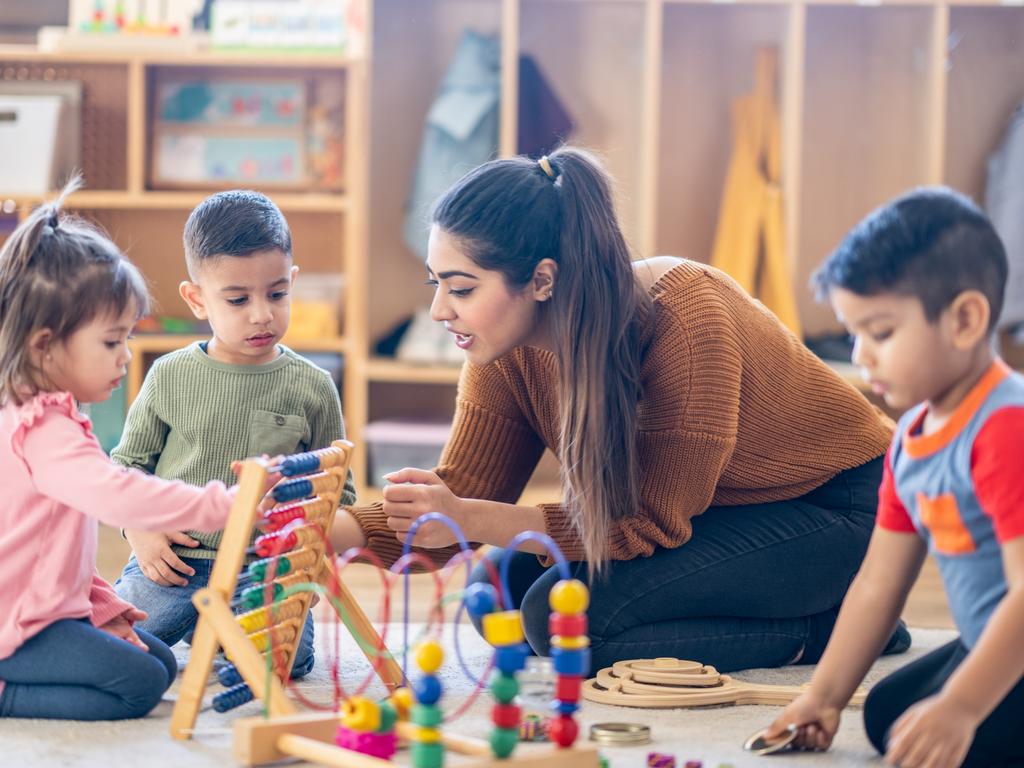
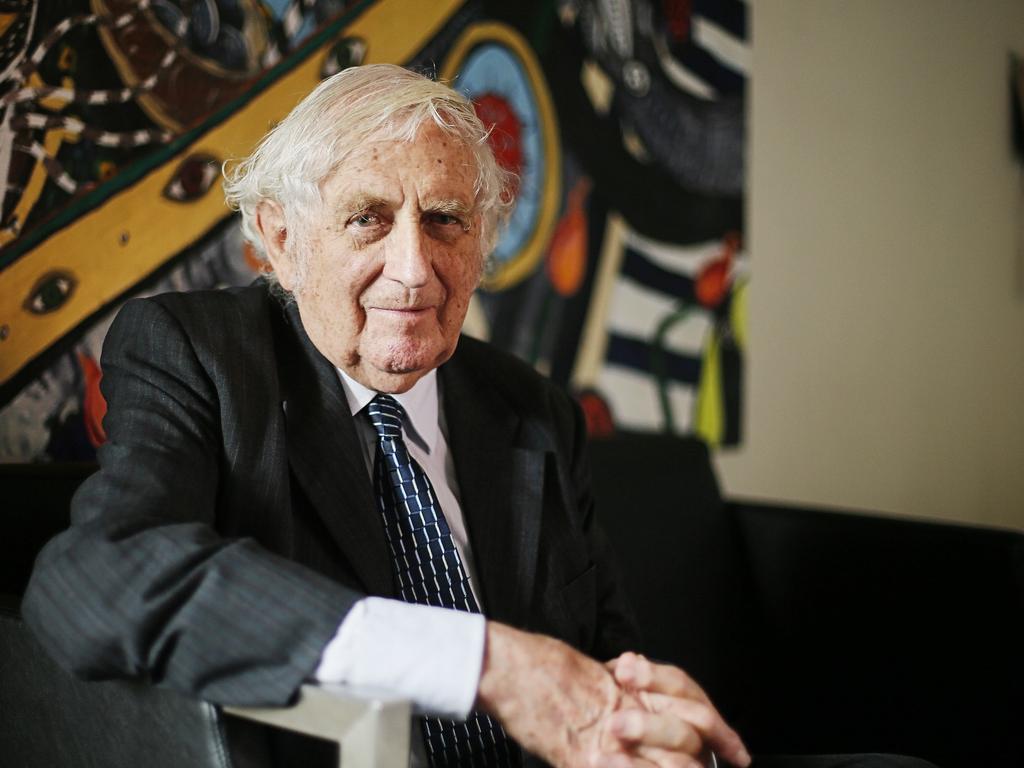

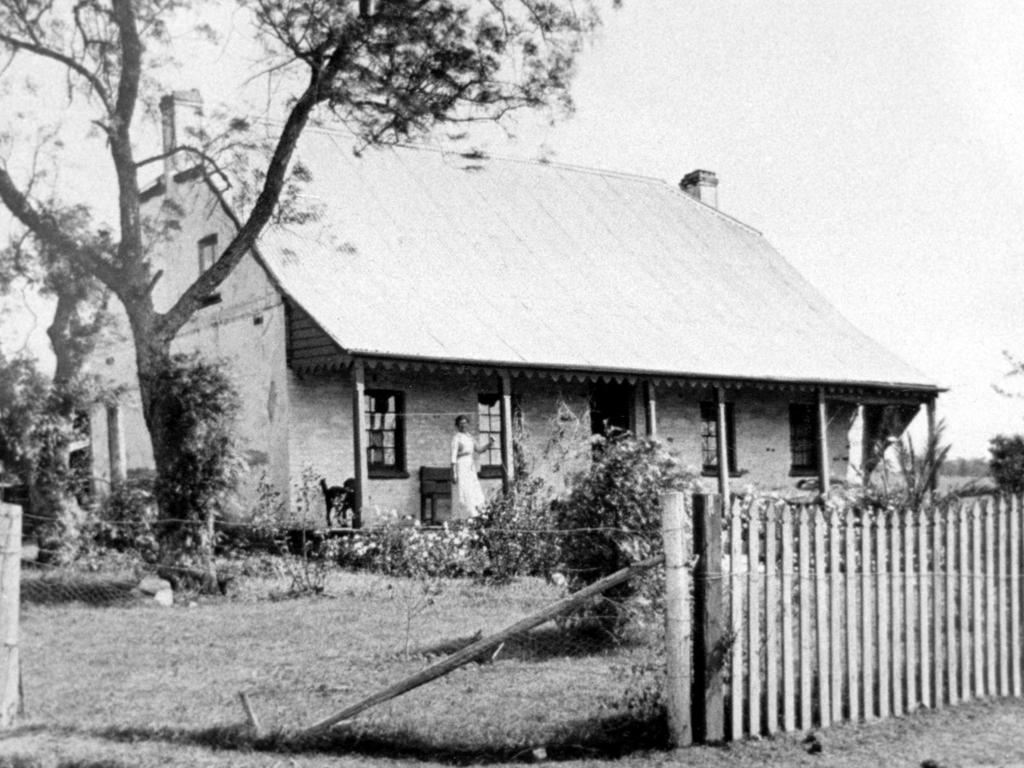
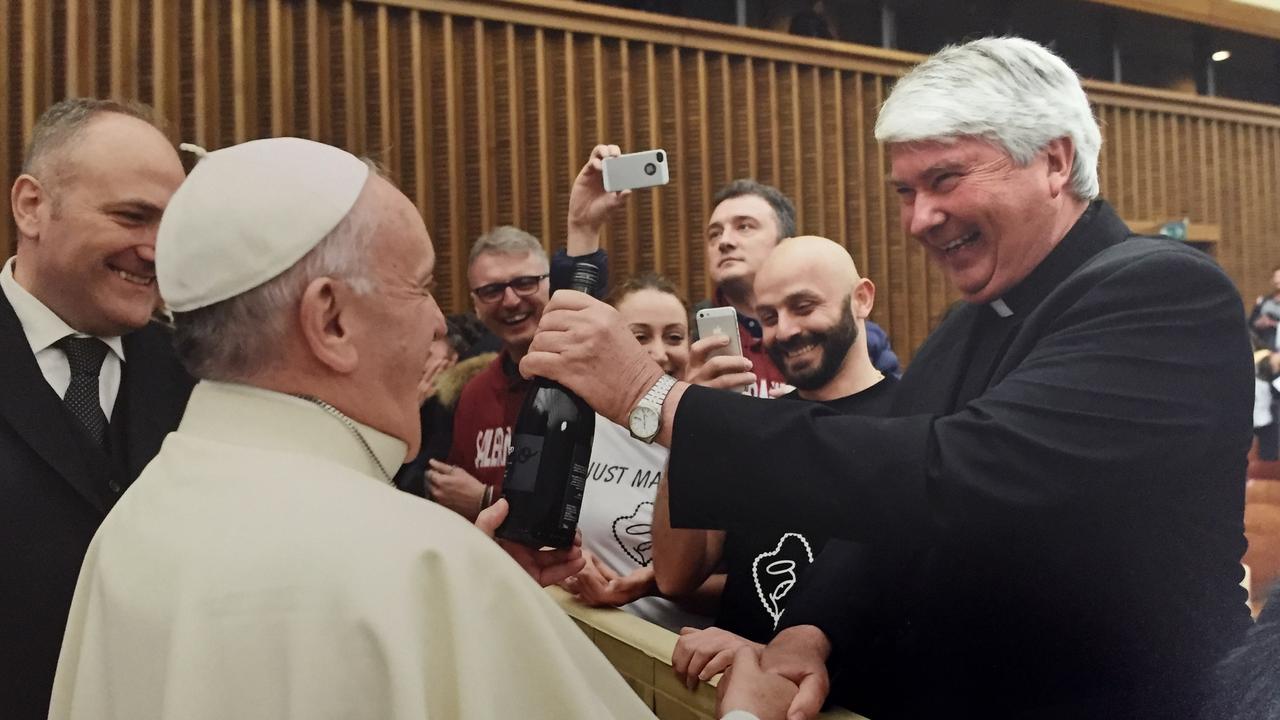
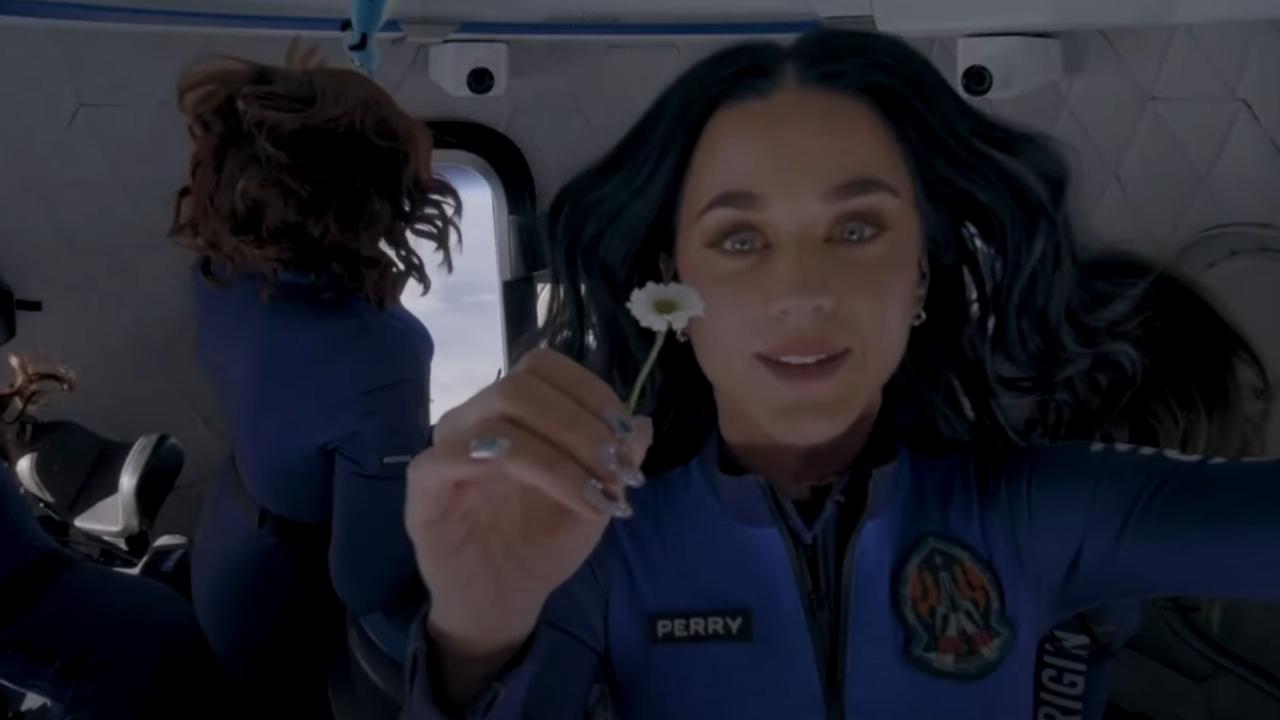
Recently The Australian’s readership was outraged by reports of little children at childcare centres being told their country was “stolen”. Children being told about “stolen country” does seem to be a bit of pointless indoctrination. But what about children being told about “stolen children”?